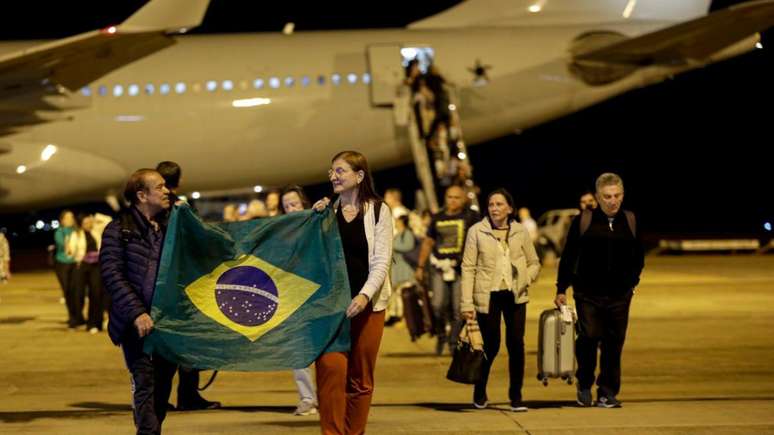Post-traumatic stress disorder is more common among citizens who have experienced armed conflict
Victims of urban violence, such as robberies, kidnappings and domestic violence, may experience similar feelings to those living in war zones: both are prone to developing Post-Traumatic Stress Disorder. According to the professor of Psychiatry at the São Camilo University Center – SP, Alfredo Simonettiwhen faced with war or urban violence, the person is stunned by the threat to life and may develop anxiety or, in the most serious cases, Post-traumatic Stress.
He explained the differences between the two situations and how psychological treatment is provided to overcome these painful moments. “Some people cry, suffer and despair at the moment of crisis, but then have the feeling that life continues for them, while others are so shaken that they simply collapse, are overwhelmed by anguish and have the feeling that life is stopping.“, he analyzed.
“Of these we say that they suffer from post-traumatic stress. There is a distinction between suffering and trauma. Acute stress occurs at the time of the accident, but if the symptoms persist it is called Post-Traumatic Stress Disorder (PTSD).“, he explained.
Post-traumatic stress disorder is more common among citizens who have experienced armed conflict, such as Brazilians repatriated due to the war between Israel and the extremist group Hamas. According to Simonetti, post-traumatic stress disorder has three symptoms: first, the flashback, when the patient continues to relive the trauma; in a second phase a depressive condition develops, with apathy, isolation and emotional dullness; and, finally, avoidance appears, when the patient avoids everything that reminds him of the trauma, such as leaving the house.
Brazil is not actually the scene of a war, but the conflict can create concern in some people, discouragement and despair in humanity. According to the professor of Psychiatry this can be called Fugitive Anxiety. It is a feeling of those who are afraid of everyday violence. When someone has experienced the horrors of war—such as hostages kidnapped in Israel or residents of Gaza—he may begin to have prisoner’s anxiety, which is the feeling of not being able to leave the site of conflict. Both have the feeling that the present is frozen, the feeling that there is no future anymore.
Another condition is Survivor Anxiety, which is when post-traumatic stress occurs, i.e. the victim feels guilty for having survived while others died, with a strong sensation of somatized pain.
Treatment
The initial treatment is psychological reception, management of the environment, allowing the person to remain in a structured place, as well as protecting him so that he does not suffer psychological discomfort. “The therapy for those who have seen friends or relatives killed is to listen, let the person speak if they want, and show how to overcome their pain, without it destroying them. In Post-Traumatic Stress therapy, the person is helped to suffer and see a path so that life can continue, without denying the loss or reality”, concluded Dr. AlfredoSimonetti.
Source: Terra
Ben Stock is a lifestyle journalist and author at Gossipify. He writes about topics such as health, wellness, travel, food and home decor. He provides practical advice and inspiration to improve well-being, keeps readers up to date with latest lifestyle news and trends, known for his engaging writing style, in-depth analysis and unique perspectives.









